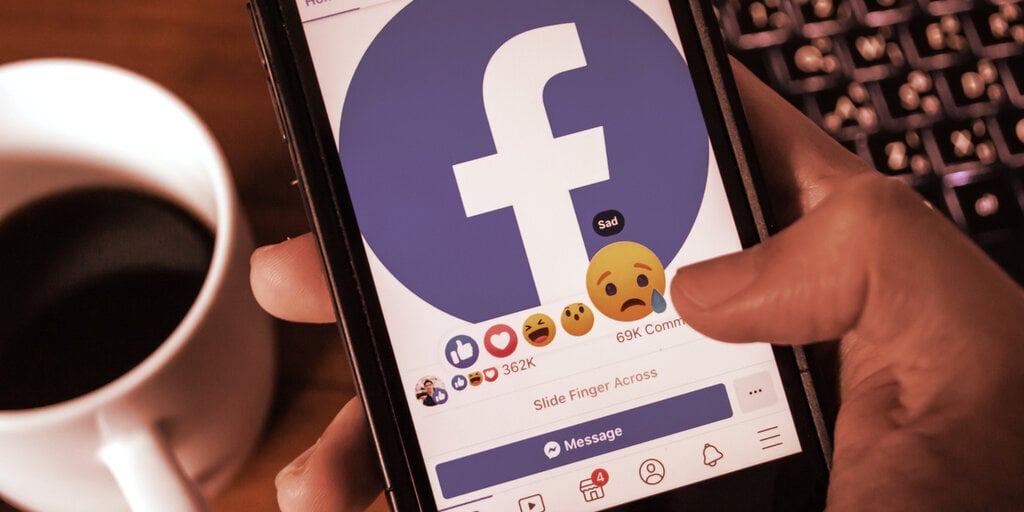Meta Reveals AI Tool to Help Brands Target Facebook, Instagram Users
Meta’s recent embrace of AI is only growing, with new plans for generative ads—and Meta’s CTO thinks AI will help power the metaverse, too.
By Andrew Cohen
3 min read

Facebook and Instagram parent company Meta intends to use its proprietary generative AI to create ads for companies by the end of this year. Advertising is already a major revenue stream for Meta, but the company plans for artificial intelligence to design those ads for brands who advertise on Meta’s social platforms.
"[Brands can] ask the AI, 'Make images for my company that work for different audiences.' And it can save a lot of time and money,” Meta CTO Andrew Bosworth told Nikkei Asia.
The goal, as Bosworth suggested, is to let brands use generative AI tools to create an array of advertising variations to target different types of users, potentially leading to better and more cost-effective results for companies advertising on platforms like Facebook and Instagram.
Bosworth added that Meta expects to see some of the first results this year, and that generative AI is “probably the area that I’m spending the most time” in, alongside CEO and co-founder Mark Zuckerberg and Chief Product Officer Chris Cox.
Zuckerberg announced in February that Meta was establishing a new internal team focused on generative AI development, and said it was experimenting with tools such as AI-powered chat on WhatsApp and Messenger, along with AI filters for Instagram.
A couple weeks before OpenAI’s popular ChatGPT chatbot debuted in November 2022, Meta launched its own chatbot called Galactica—but pulled it from the internet after just three days, according to The New York Times.
"We've been investing in artificial intelligence for over a decade, and have one of the leading research institutes in the world," Bosworth told Nikkei on Wednesday in Tokyo. He said that Meta has a “large research organization” with hundreds of employees, and that he feels “very confident” that Meta is “at the very forefront” in the space.
Meta’s metaverse vision—fueled by its Oculus virtual reality (VR) headsets—has yet to yield notable results for the firm, which has seen its stock price sink since the 2021 rebranding, It has also laid off about 21,000 employees in recent months, and ended a short-lived NFT trial on its platforms.
But AI may also be key to Meta’s plans in the space. In addition to ads, Meta expects generative AI to eventually be used to create virtual worlds in the metaverse—a feature that Web3 metaverse platform Oncyber is already testing out.
“Previously, if I wanted to create a 3D world, I needed to learn a lot of computer graphics and programming,” Bosworth said. “In the future, you might be able to just describe the world you want to create and have the large language model generate that world for you.”
“It makes things like content creation much more accessible to more people,” he added.
Get crypto news straight to your inbox--
sign up for the Decrypt Daily below. (It’s free).
Recommended News
Decrypt-a-cookie
This website or its third-party tools use cookies. Cookie policy By clicking the accept button, you agree to the use of cookies.
